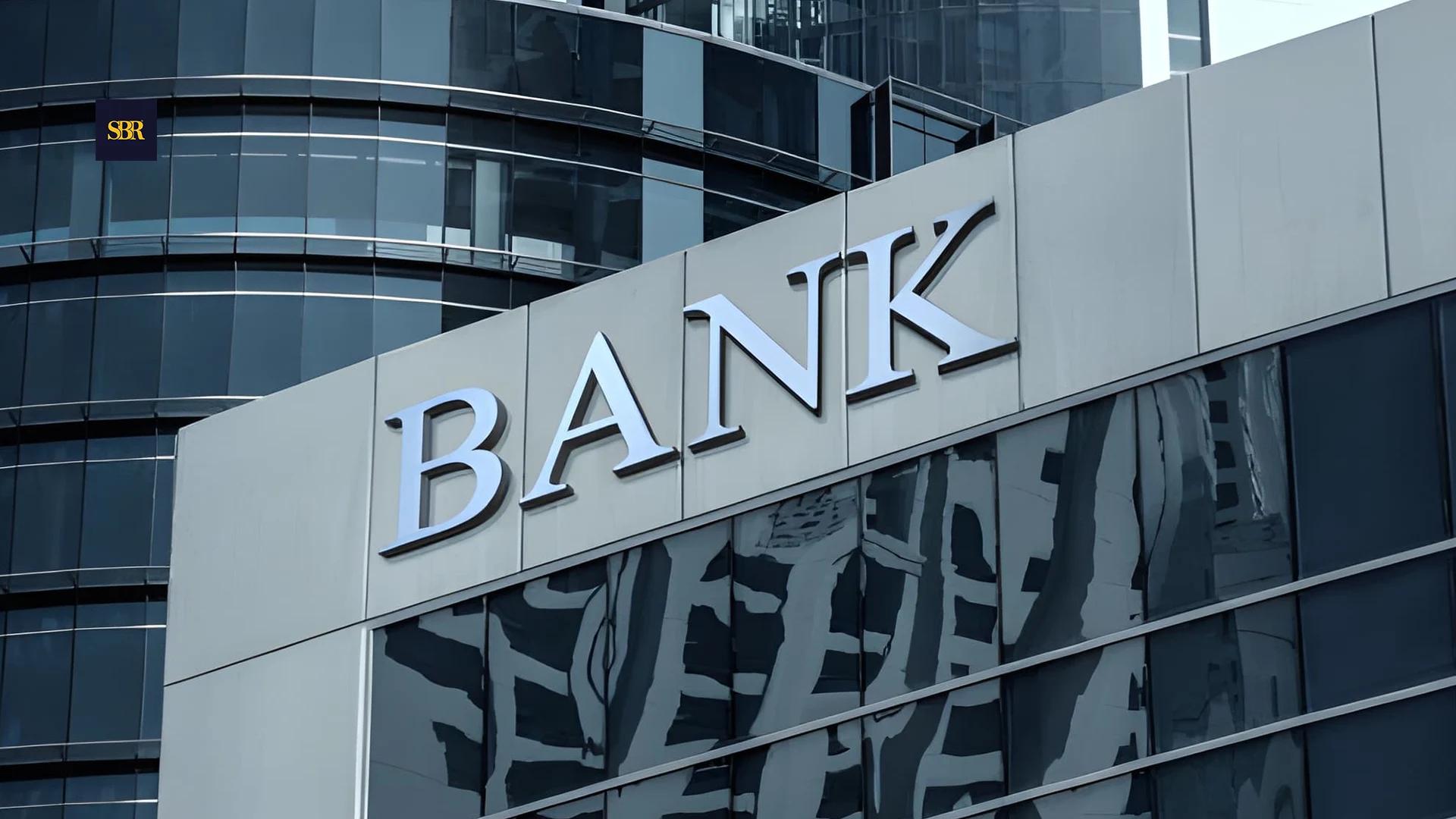LONDON, June 13, 2025 — Oil prices surged more than $4 per barrel Friday, reaching their highest level in nearly five months after Israeli airstrikes on Iran sparked fears of a broader conflict and potential supply disruptions across the Middle East.
Brent crude futures rose $4.60, or 6.63 percent, to $73.96 a barrel by 0612 GMT, after climbing as high as $78.50 — the highest since Jan. 27. U.S. West Texas Intermediate crude gained $4.99, or 7.33 percent, to $73.03 a barrel, after touching an intraday high of $77.62, the strongest since Jan. 21.
Friday’s spike marked the sharpest single-day jump in both benchmarks since the early days of Russia’s invasion of Ukraine in 2022.
Israel announced it had targeted Iranian nuclear facilities, ballistic missile production sites and senior military figures, warning that the offensive marked the beginning of a sustained campaign aimed at halting Tehran’s nuclear ambitions.
Analysts said the oil market is now bracing for the possibility of Iranian retaliation and a potential escalation across the wider region.
“A key question is whether the Iranian retaliation will be limited to Israel or if the leadership will seek to internationalize the cost of tonight’s action by targeting bases and critical economic infrastructure across the wider region,” Helima Croft, analyst at RBC Capital, wrote in a note.
Oil traders in Singapore cautioned that while prices had reacted quickly, the actual impact on physical oil flows would depend on Iran’s next move — and whether the U.S. decides to intervene.
“It’s too early to tell, but I think the market is worried about shutting off of the Strait of Hormuz,” one Singapore-based trader said.
Barclays analyst Amarpreet Singh said markets are reacting to geopolitical risk, even though actual fundamentals have not yet been affected. He noted that while Iranian output remains unchanged, prices have jumped nearly $10 over the past three days.
“In a worst-case scenario, the conflict could expand to other key oil and gas producers in the region, and shipping,” Singh wrote.
Roughly 18 to 19 million barrels per day — nearly 20 percent of global oil consumption — pass through the Strait of Hormuz, the critical waterway separating the Persian Gulf from the Gulf of Oman.
Iran’s Supreme Leader Ayatollah Ali Khamenei vowed “harsh punishment” for the Israeli strike, which he said killed several high-ranking military officers.
U.S. Secretary of State Marco Rubio on Thursday labeled the strikes a “unilateral action” by Israel and said Washington was not involved. He urged Tehran not to target American personnel or interests in the region.
“If oil is caught in the cross-fire, we anticipate that President Trump will seek OPEC spare barrels to try to keep a lid on prices and shield U.S. consumers from the economic impact of the Middle East conflict,” Croft said.
Global markets reacted swiftly. Stocks tumbled in early Asian trading, led by a selloff in U.S. equity futures, while investors turned to traditional safe-haven assets including gold and the Swiss franc.
It’s too early to tell, but the market is worried about shutting off of the Strait of Hormuz.

















